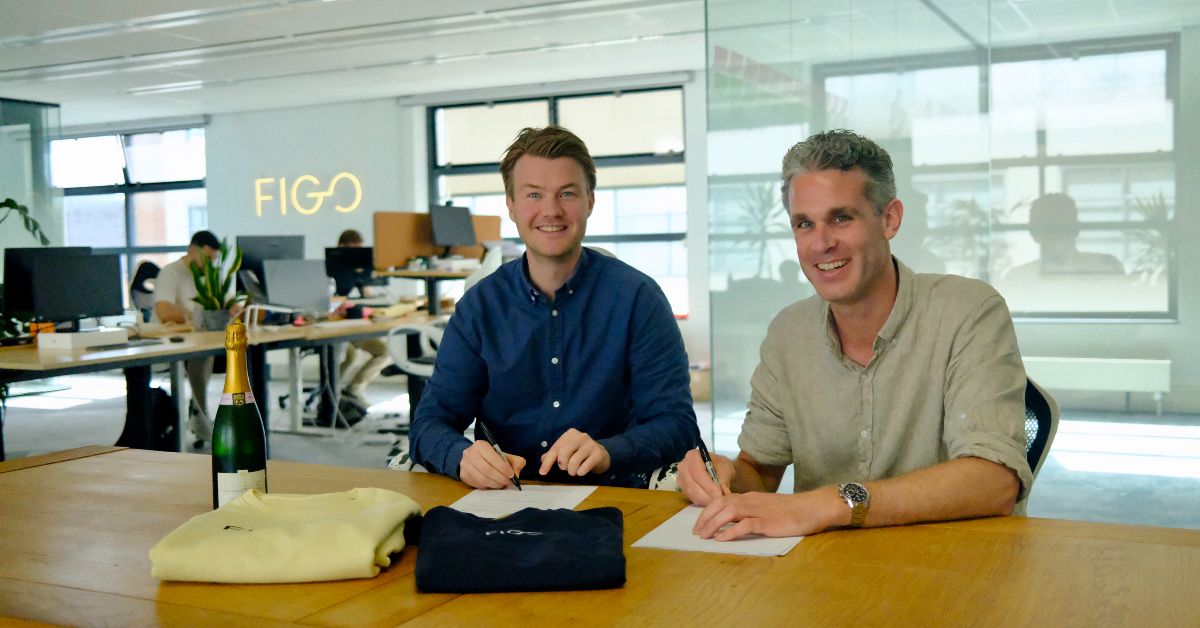The election of Donald Trump as the 47th president of the United States promises to reshape the global order. However, so too are the effects of the election extending beyond geopolitics to the technological ecosystem – with the political climate driving US entrepreneurs to relocate to Europe at an unprecedented pace.
It’s true that Trump has taken steps to position the U.S. as the ‘world capital’ in certain tech fields, having recently signed executive orders on emerging technologies such as Artificial Intelligence and Crypto. However, so too has he given the go-ahead to policies – relating to trade, energy and the environment, immigration, to name just a few – which signal a massive rupture with his predecessor. Many entrepreneurs fear that the overarching tone emerging from the Trump presidency is contributing to escalating sociopolitical instability.
Europe as the capital of talent mobility
Such geopolitical shifts and economic realignments impact entrepreneurs in important ways: they are led to constantly reassess where they can best thrive, with hubs emerging in locations which allow entrepreneurs to capitalise on global changes. Against this backdrop, Europe is fast becoming an attractive choice.
The reasons underpinning Europe’s advantages are numerous. Not only does the continent boast competitive operational costs, but it also holds geographical benefits: access to both European markets through the Schengen Area, as well as to African and Middle Eastern markets. Moreover, Europeans have the upper hand in terms of work-life balance. This adds to the appeal for entrepreneurs and their families.
The continent also has a serious advantage in offering a seamless relocation process for entrepreneurs. Europe hosts specialised talent mobility programmes, which make it easier for entrepreneurs to relocate and integrate into different regions. With a view to enhancing labour mobility and creating opportunities for businesses to thrive, these initiatives allow Europe to become a more attractive choice still for talent.
Fast-track mobility programs: Driving innovation and entrepreneurial growth in Europe
Talent mobility programmes are the ultimate win-win for both entrepreneurs and the continent. The first strength of these initiatives lies in the fast-tracked pathways to residency and citizenship they provide. With a focus on research, development, and innovation, talent mobility programmes massively facilitate the relocation of entrepreneurs to Europe.
Meanwhile, the programmes benefit the continent by creating lasting socioeconomic impact. Partnerships between global entrepreneurs and local startup and university ecosystems are at the crux of growth. By encouraging connections to European opportunities, talent mobility programmes allow entrepreneurs to access local markets. Meanwhile, domestic ecosystems stand to reap the benefits of ties to the global entrepreneurial landscape.
How European countries are competing for the best talent
Entrepreneurs have the potential to deliver expertise, experience, and capital to Europe – and with this at stake, countries across the continent are capitalising on the trend. Portugal, Spain, and France, amongst others, are positioning themselves to attract the best talent. Portugal’s startup ecosystem grew by 16% last year, whilst its universities attracted over $2.8 million in R&D funding through talent mobility programs alone.
European countries are also going beyond mobility schemes to attract entrepreneurs. Visa and residency programmes allow nations to compete for the best talent. Spain’s Highly Qualified Professionals Residence Visa gives innovators a streamlined path to residency, whilst the UK is leveraging Innovator and Startup Residence visas in order to attract entrepreneurs to launch high-growth businesses. This pathway to residency for those setting up businesses deemed ‘innovative’ is an attractive option in one of the world’s most dynamic markets.
The moment is now: But is Europe ready?
This leaves little doubt as to the benefits of such an inflow of talent, with mobility programmes paving the way. But one question remains: will Europe rise to the occasion and take this opportunity seriously enough?
Mario Draghi’s report on the future of European competitiveness outlines both the challenges facing Europe and a set of recommendations to create the conditions for prosperity. Similarly, Ursula von der Leyen, President of the European Commission, recently signalled at Davos a new roadmap, the Competitiveness Compass. With a view to boosting markets and incentivising risk capital, the new approach promises to render ‘Made in Europe’ a symbol of innovation and risk-taking globally.
Yet ambition alone won’t cut it. To continue to attract and retain the world’s brightest minds, Europe must provide a stage where talent can thrive. It is by addressing systemic bureaucracy issues and creating an ecosystem which is truly competitive that the continent will successfully foster and reward innovation. Global entrepreneurs are showing that they’re ready to enter the game, so the ball is in Europe’s court: will it step up and play its part?
Author
Bernardo Saraiva is a co-founder and MD at World Talents, where he helps connect entrepreneurs and businesses with local startup and university ecosystems.










01
From telecom veteran to Dutch Startup Visa success: The Jignesh Dave story